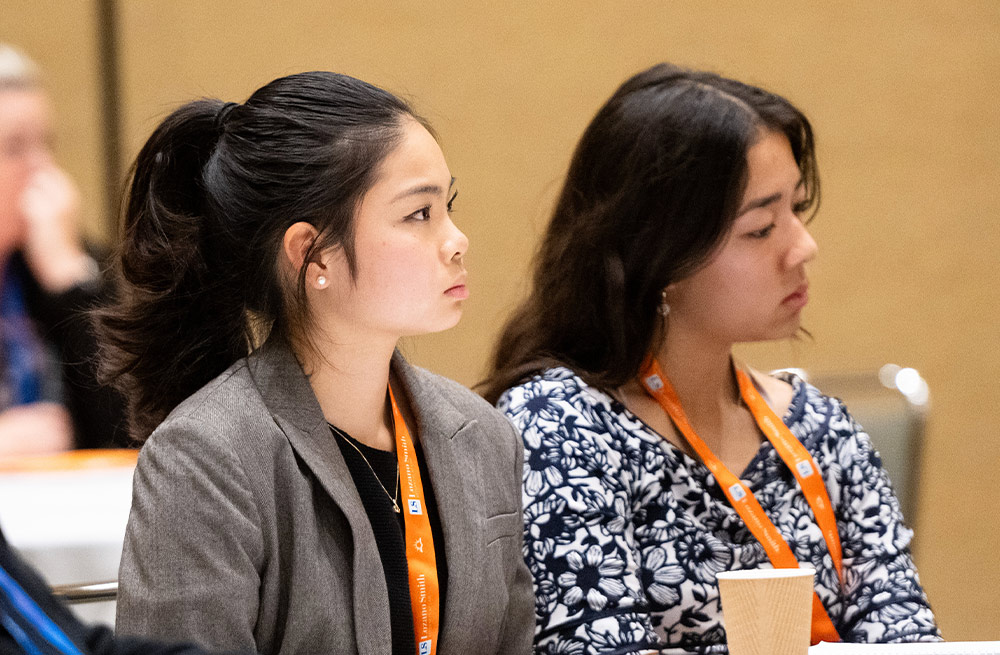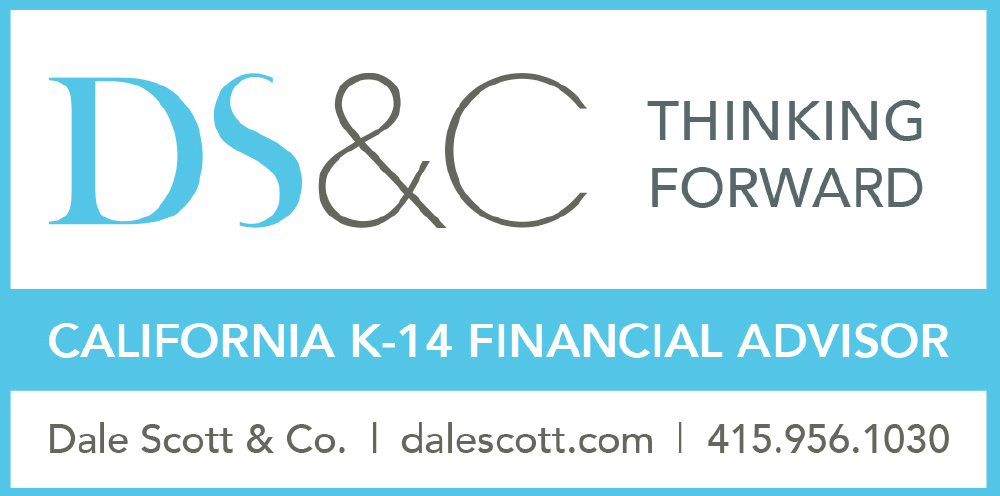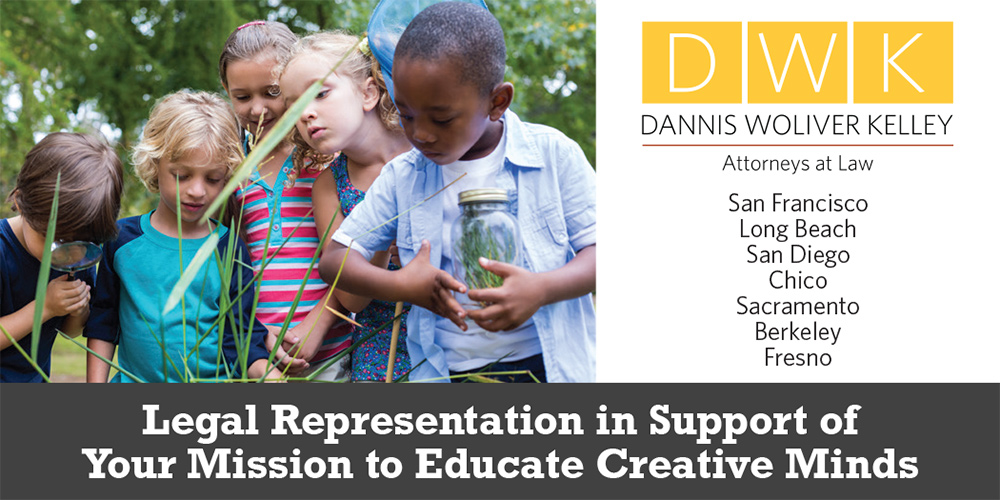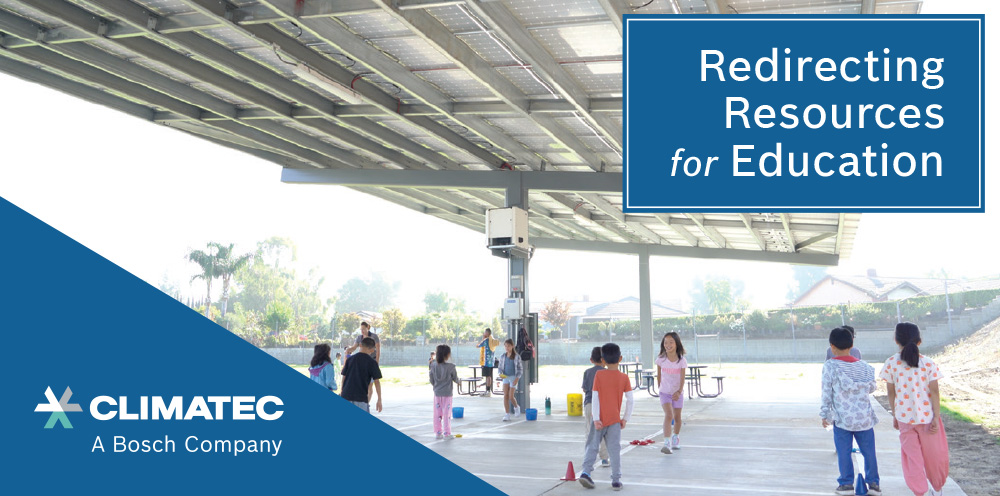Resources


YouScience’s 2025 report on post-graduation readiness offers a glimpse at students’ paths as they exit the K-12 system and provides insights on how educators can more effectively support young adults as they embark on their respective journeys. Life beyond high school: How students are rethinking college, career, and success is based on the findings of a recent national survey of more than 500 graduates from 2021 through 2024 as well as trends between 2019 and 2024.

Staff
Troy Flint | tflint@csba.org
Editorial Director:
Kimberly Sellery | ksellery@csba.org
Staff Writers and Contributors:
Alisha Kirby | akirby@csba.org
Heather Kemp | hkemp@csba.org
Chris Reefe | creefe@csba.org
Meghan Russell | mrussell@csba.org
Dana Scott | dscott@csba.org
Marketing & Communications Director:
Monica Griffis | mgriffis@csba.org
Graphic Design & Branding Director:
Kerry Macklin | kmacklin@csba.org
Graphic Designers:
Thairah Singharath | tsingharath@csba.org
Amanda Moen | amoen@csba.org
Dr. Bettye Lusk | Monterey Peninsula USD
President-elect:
Dr. Debra Schade | Solana Beach SD
Vice President:
Sabrena Rodriguez | Ventura USD
Immediate Past President:
Albert Gonzalez | Santa Clara USD
CEO & Executive Director:
Vernon M. Billy
News and feature items submitted for publication are edited for style and space as necessary.

President’s Message: Bettye Lusk

The beginning of the school year is an ideal time for governance teams to recommit to the principles and protocols that will strengthen their ability to govern effectively and to look at the organizational partners that help them accomplish their work. A key question for boards to ask is: Are we having the right conversations?
Board President Linda Darling-Hammond noted that budget trailer bill language “charges the State Board to take a more comprehensive look at the performance criteria for differentiated assistance for local educational agencies, taking into consideration the recommendations from the state-funded WestEd evaluation of differentiated assistance and the need to appropriately focus our resources and supports where the demonstrated needs are the greatest.”
It is important for underlying challenges with reading to be identified and addressed as early as possible. According to the Annie E. Casey Foundation, “students who don’t read proficiently by third grade are four times more likely to leave high school without a diploma than proficient readers.” In an effort to detect underlying issues that may hinder a student’s ability to read fluently, such as dyslexia, SB 114 requires all students in grades K-2 to be screened for reading difficulties. Screening of students will better enable local educational agencies to identify students at risk for reading difficulties early in their education, allowing for timely intervention and support.
Roughly two-thirds of its 14,000 students lived in evacuation zones and 50 percent of its 2,739 employees evacuated. As of May, 987 families and 120 employees had reported losing their residences during the Eaton Fire, which sparked on Jan. 7 and burned for 24 days. Countless others were displaced, and five school sites were either destroyed or significantly damaged.
“Disproportionate impact magnified: Rural America’s Children and Families as Collateral Damage?” brought together rural education advocates from around the country to discuss how current cuts are already affecting children in rural schools and how further cuts in fiscal year 2026–27 might affect rural education.
California law requires all children enrolled in schools, both public and private, to have certain doctor-recommended immunizations, or receive them when they enroll.

In opening the meeting, Chair Marquita Grenot-Scheyer acknowledged the hard work of district and state leaders for their “unwavering commitment and actions to protect and educate all students regardless of background, zip code or immigration status … Make no mistake, our new educators are facing challenging times. Class of 2025 graduates will be facing a future of censorship of ideas, history and an intolerance for diversity that is unprecedented. So, in this moment, as I often do, I choose hope and inspiration.”

Developed via funds provided by the California Department of Education through Assembly Bill 130 (2021), the resources were created in response to a need for equitable and comprehensive lessons to address students’ curiosities about the many environmental issues that impact their lives, including wildfires, extreme temperatures, air quality, food waste, groundwater, energy systems and more.
Attention: For more information about events, visit www.csba.org/TrainingAndEvents.









